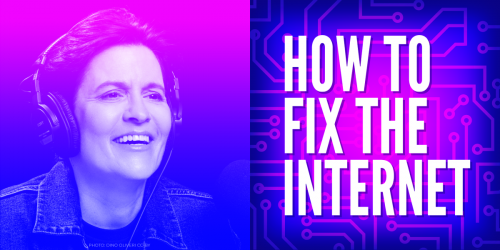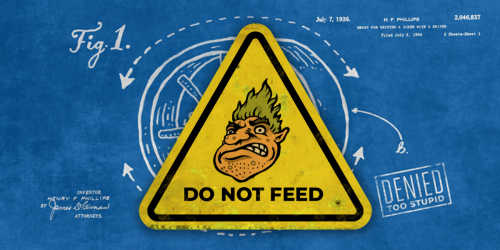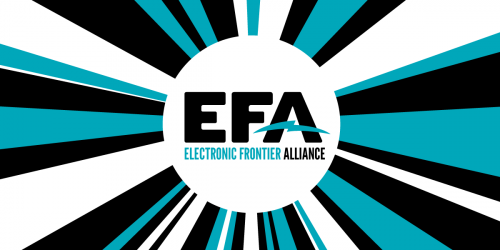Once again, bad facts are making bad law – but it’s not too late to change that. EFF, together with the Organization for Transformative Works, has filed an amicus brief in Davis v. Electronic Arts. This case is the latest in a series of rulings where courts have opened the door to censorship by persons depicted in creative works. We are asking the Ninth Circuit to reverse a dangerous decision that allows the so-called right of publicity to trump free speech.
The right of publicity is an offshoot of state privacy law that gives a person the right to limit the public use of her name, likeness or identity for commercial purposes. While the right once made sense (for example, allowing people to prevent companies from using their name in an ad without permission), it has expanded well beyond its original boundaries. Today, it extends to just about any speech that “evokes” a person’s identity. What is more, in some states your heirs can assert publicity rights for 70 years after your death. Celebrities have brought right of publicity cases against movies, songs, magazine features, comic books, and computer games.
Given the huge range of speech publicity rights can impact, courts agree that there must be some First Amendment limit to the right of publicity. Unfortunately, there has been little agreement regarding what that limit should actually be. Even worse, the most recent decisions have tied First Amendment protection to whether the work somehow “transforms” the identity or likeness of the celebrity. But this rule (called the transformative use test) makes no sense. Plenty of valuable speech, such as biographies or documentaries, involves depicting real people as accurately as possible. Why should these works be less protected by the First Amendment?
We suspect that what’s really happening is that courts are disfavoring media—like computer games and comic books—that they don’t like. The Davis case involves former professional football players whose biographical details (such as position, height, and weight) were incorporated into historical NFL teams available on EA’s Madden NFL computer game.
EA may not be the most sympathetic advocate for free speech (especially since it is paying current players who appear in the same game), but the rule in this case may affect a broad range of speech, from games to documentaries, biopics and so on. If the transformative use test becomes the standard approach, it will become harder to create any artistic work based on real people without their permission. The likely result: celebrities of all stripes (actors, politicians, businesspeople) can effectively veto any portrayal they don’t like.
Ultimately, if qualifying for free speech protection requires distorting reality (say by turning a subject into a human-worm hybrid), then something has gone very wrong. We hope the Ninth Circuit hears Davis en banc and applies a new, far more sensible, rule that respects free speech.









